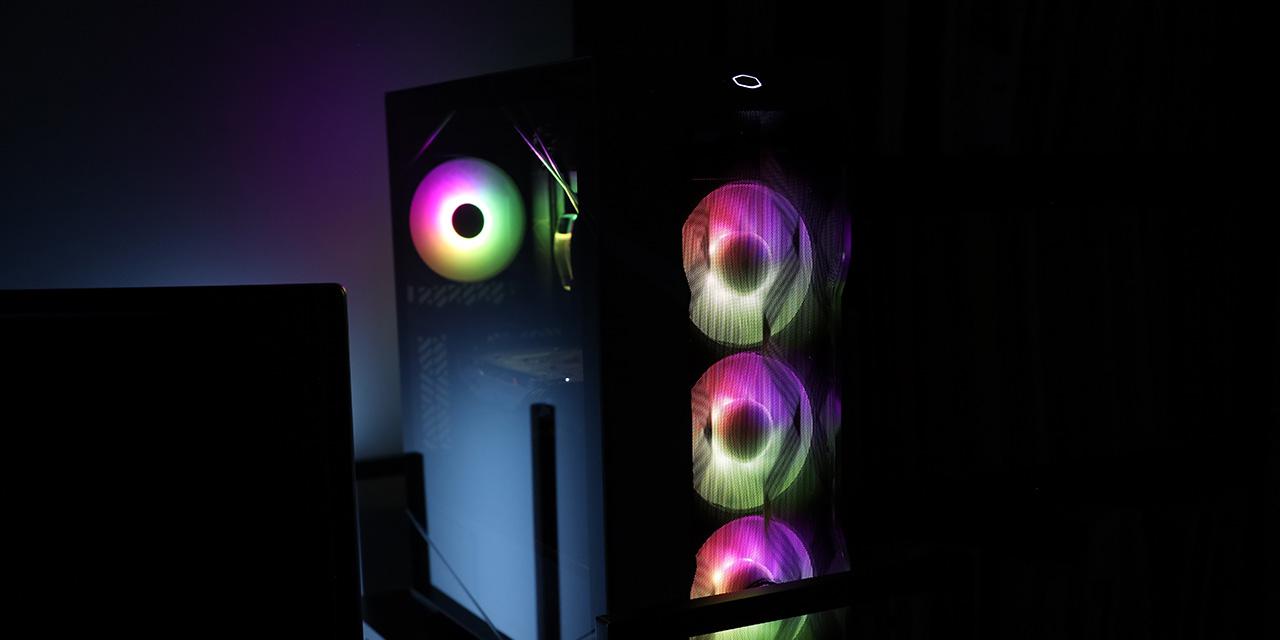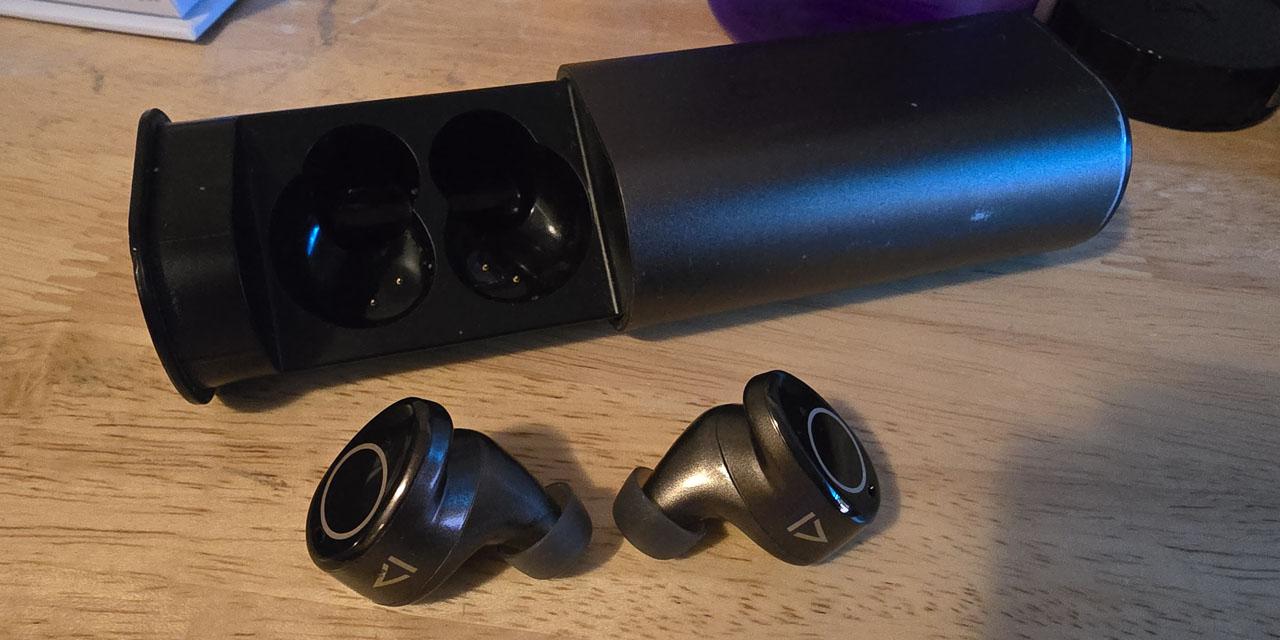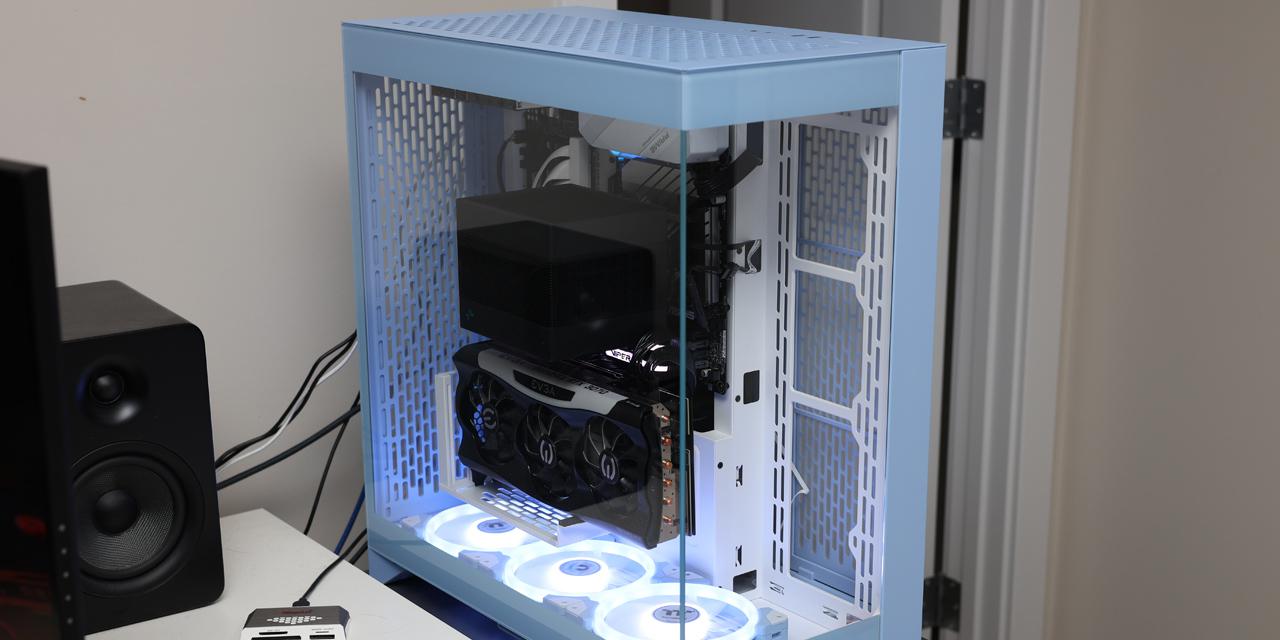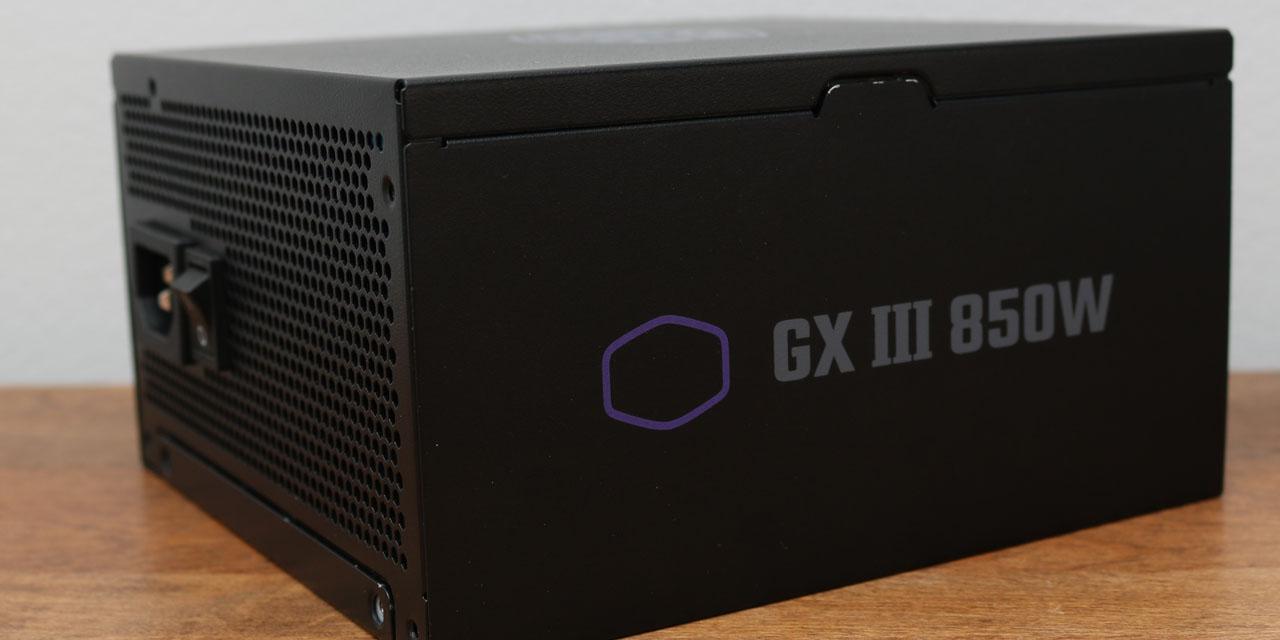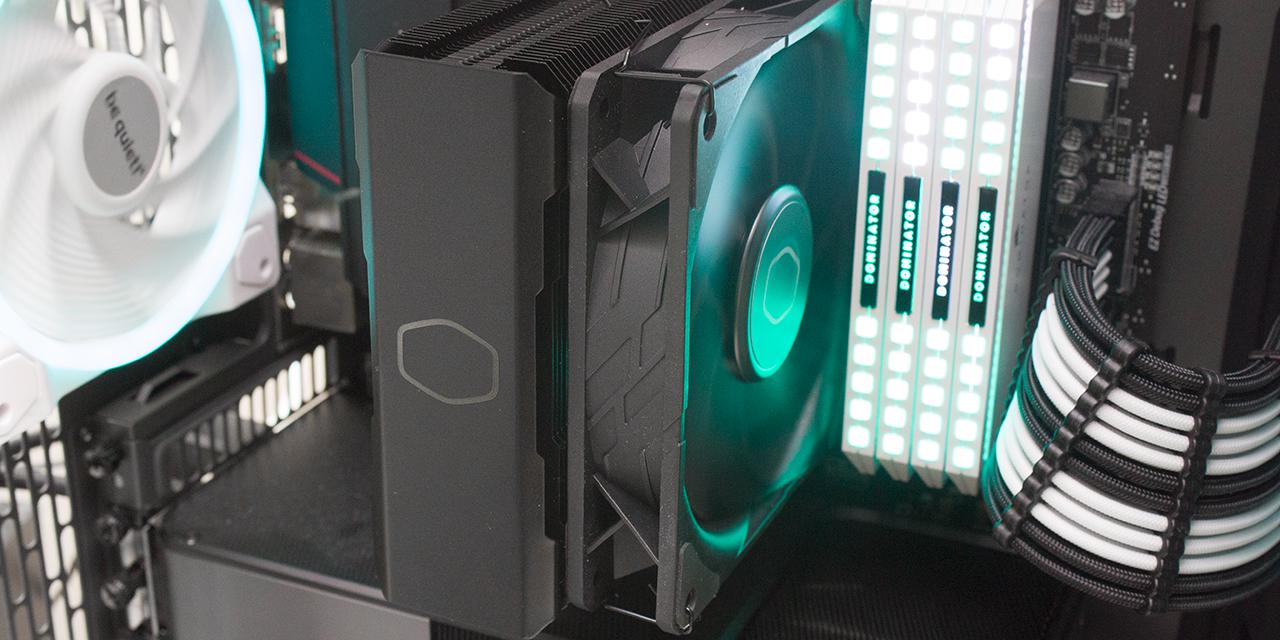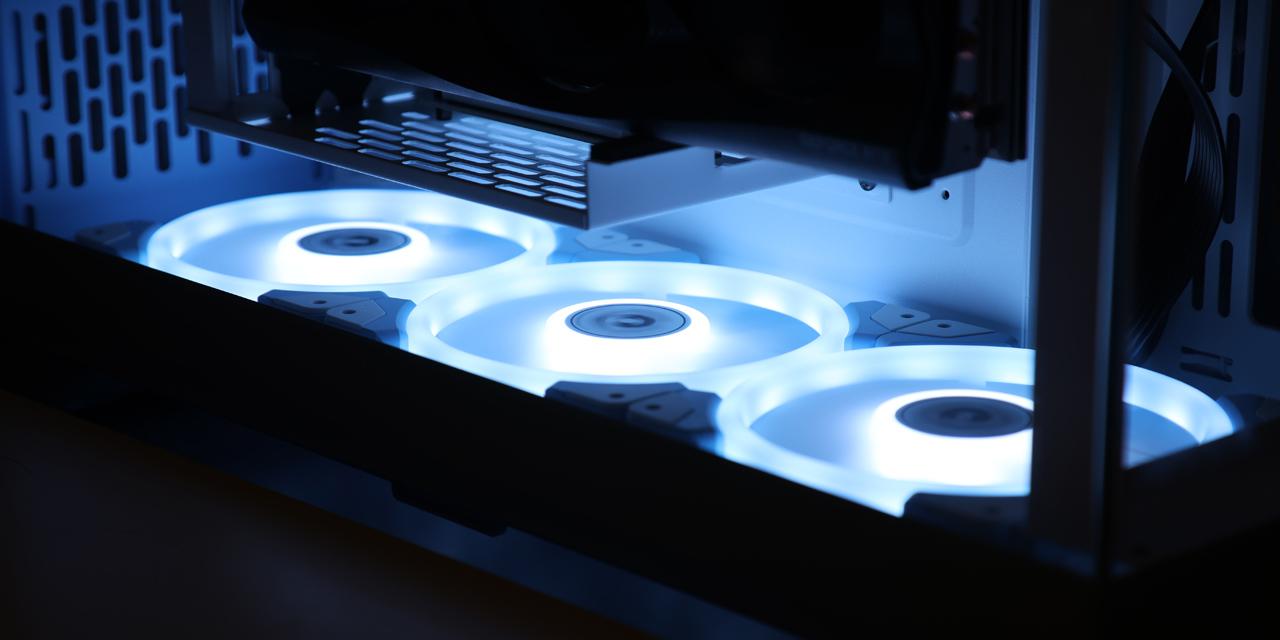|
From X-bit Labs: Samsung Electronics, the world’s largest maker of flash and DRAM, on Tuesday announce that it had commenced the industry’s first volume production of 3-bit-per-cell (3bpc), multi-level-cell (MLC) NAND flash chips using 30nm process technology. The chips will be used for memory cards, however, similar chips can be used to make inexpensive solid-state drives. “Introducing cost-efficient, 30nm-class 3-bit technology widens our NAND memory solution base to make NAND even more enticing for increasingly diverse market applications. Our 3-bit NAND memory will support the development of more cost-competitive, high-density consumer electronics storage solutions,” said Soo-In Cho, executive vice president and general manager of the memory division at Samsung Electronics. 3bpc MLC NAND increases the efficiency of NAND data storage by 50% over today’s pervasive 2-bit MLC NAND chips. Samsung’s new 30nm-class 3-bit MLC NAND will provide consumers with effective NAND-based storage that can be applied to USB flash drives in addition to a range of micro SD cards, the company indicated. Even though 3bpc technology is very efficient and progressive, SanDisk and Toshiba are already producing 4bpc flash memory, which is even more efficient in terms of cost-per-bit. The new 32Gb 3bpc 30nm MLC flash chip will be used will be used in NAND flash modules accompanied by exclusive Samsung 3-bit NAND controllers to initially produce 8GB micro Secure Digital (microSD) cards. View: Article @ Source Site |
 |
Samsung Begins to Produce 3-Bit-per-Cell Flash Memory Using 30nm Process Tech
© Since 2005 APH Networks Inc. All trademarks mentioned are the property of their respective owners.
